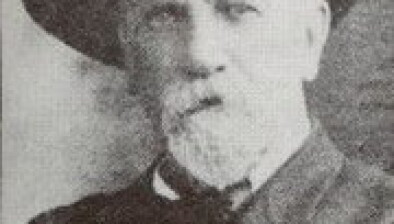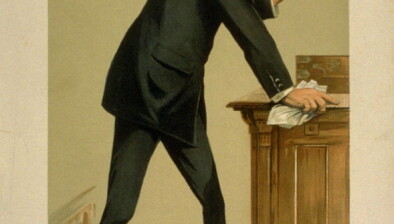Irish Legal Heritage: Well-heeled articulate women

In Murphy v Attorney General [1982] IR 241, a married couple challenged the constitutionality of ss. 192-198 of the Income Tax Act 1967 which deemed the income of a married woman, living with her husband, be her husband’s income for tax purposes and not her own. The case was supported by the Married Persons Tax Reform Association (MPTRA), which had been established in 1977 to campaign against the law which discriminated against married women who worked.
Described as a seminal case “which was a catalyst for social change in Ireland” (Yvonne Scannell, in Bacik and Rogan 2016), there was considerable political push-back against reform – notably from George Colley, a Fianna Fáil TD who had been appointed as Minister for Finance after the General Election in 1977. In opposing reform and reinforcing the view that a woman’s place was in the home, Colley said that supporters of the MPTRA “had been misled into thinking they are fighting for women’s rights when in fact they are fighting to discriminate against the great majority of women” in Ireland, and that he had “no sympathy with the well-heeled married women who are pushing a solution to their problems… which would discriminate against one-income families”.
In Court, the State advanced the same rhetoric, referring to Article 41 of the Constitution when arguing that “a wife ought not lightly to be encouraged to risk the neglect of what is normally her primary obligation – the care of her home and family”.
In 1979, it was held in the High Court that ss.192, 193 and 197 of the Income Tax Act 1967 were repugnant to Articles 40.1 and 41 of the Constitution “because they created an invidious discrimination against married couples… and because they failed to guard the institution of marriage with special care and to protect it against attack”. Notably, Hamilton J stated that the discrimination was against the “husband in particular”.
Disallowing the appeal brought by the State, the Supreme Court held that the sections were repugnant to the Constitution, and that the effect of the decision was that the sections were void ab initio and had never had the force of law. As such, the Murphy’s were entitled to be repaid the amount of invalidly imposed tax from the financial year immediately succeeding their challenge being brought.
In Legal Cases that Changed Ireland, Scannell writes that while the case was not decided on the basis of sex discrimination, “Murphy was a catalyst for change and was soon followed by a number of other cases which established that unjustifiable sex discriminations were unconstitutional”. Notably, gender stereotyping still survives in Article 41.2 of the Constitution which emphasises women’s ‘life in the home’, despite repeated calls for reform.
Seosamh Gráinséir









